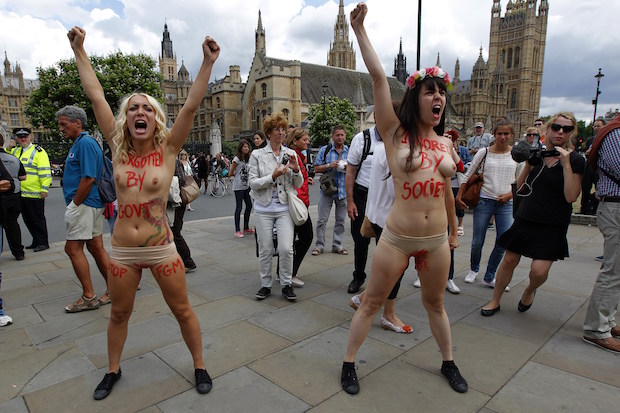Do you remember Alan Kurdi, the poor, drowned three-year-old whose photograph provoked a wave of sympathy for migrants almost exactly a year ago? Social media lit up with outrage — something must be done! — as millions shared the picture back and forth. A Facebook share is a pretty easy way of caring, but even so it was uplifting: we in the West mind about all children, not just our own. Our fellow feeling extends to fellows worldwide.
So where then is the great Facebook uprising over the news that there’s been not a single successful prosecution in this country for female genital mutilation (FGM) though it’s been illegal since 1985? It’s happening here on an impressive scale: some 6,000 new cases have been reported by NHS staff in the past year alone — tens of thousands more go undiscovered. FGM isn’t for the faint-hearted; it’s serious child abuse: young girls, aged anywhere between a few days and 15 years, are held down and cut up with razors. Sometimes they lose dangerous amounts of blood, develop septicaemia and become infertile. Because they won’t testify against their parents, these girls need us to be especially vigilant on their behalf. Ayaan Hirsi Ali, the Somali-born writer, suggests a system of compulsory checks at the beginning of each school year. Very sensible. So why no social media campaign?
The answer isn’t that we don’t care, I don’t think. It’s that our concern for the victims of FGM is, for the most part, trumped by our extreme reluctance to criticise another culture. In the case of drowned migrant children, we can attack our own government — a happy and popular pastime. To share the story about FGM in the UK means taking issue not just with evil Tories, but with the Somali diaspora in London. Is this racist? The question forms and hangs over us.








Comments
Join the debate for just £1 a month
Be part of the conversation with other Spectator readers by getting your first three months for £3.
UNLOCK ACCESS Just £1 a monthAlready a subscriber? Log in